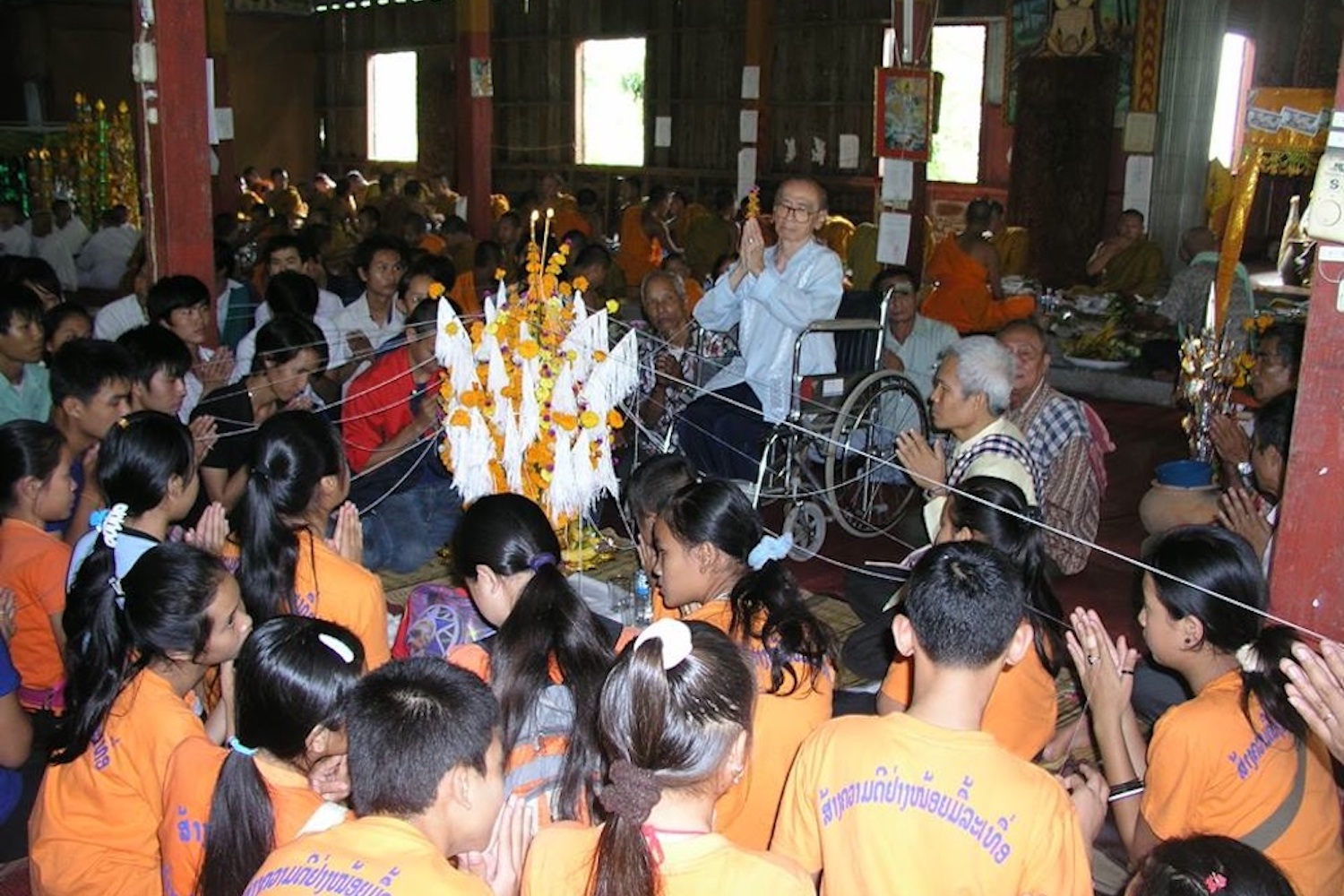Latin America Herald Tribune: 18 July 2017
BANGKOK – Lawmakers of the Association of Southeast Asian Nations (ASEAN) urged Australia to pressurize Laos to respect human rights on Monday.
Representatives of the two countries are set to meet for a human rights dialogue on Tuesday and Wednesday in Vientiane, the Laotian capital.
“The human rights situation in Laos continues to be abysmal. Since Sombath’s disappearance, the space for independent civil society in the country – already one of the most repressive in the region – has narrowed considerably. Meanwhile, the public as a whole remains deeply fearful of raising sensitive issues,” Charles Santiago, Malaysian MP and president of the ASEAN Parliamentarians for Human Rights (APHR) said in a statement.
They added they have sent a letter to the Australian government to discuss the lack of civil liberties in Laos and disappearance of activist Sombath Somphone in 2012 under dubious circumstances.
Santiago added that “the Australian government has a chance with this dialogue to push for change, but officials need to be straight with their Lao counterparts,” and asked for an end to arbitrary detentions, enforced disappearance, and restrictions on basic rights.
The APHR criticized the criminalization of dissidents and restrictions on organizing and participating in public demonstrations in Laos.
According to the ASEAN MPs, Laos has built a “brick wall of silence,” and has done little to investigate the disappearance of Sombath, a rural development and environmental activist.
Sombath was stopped by the police at a checkpoint on December 15, 2012 on one of the busiest streets of Vientiane, when he was returning home in his jeep.
The CCTV camera footage shows Sombath getting out of his vehicle to talk to the policemen.
Immediately after some unknown people arrived at the scene, one of whom drove away with the activist’s vehicle and the rest hastily climbed into another car with the activist and left the area.
Nonprofit Human Rights Watch has also criticized rigid media control by the Laotian authorities, which in 2015, approved a controversial internet law with harsh punishments.
In May, three Laotian workers were sentenced to between 12 to 20 years in prison and penalized for criticizing the government on the internet while working in Thailand.
Laos, with a population of six million, is one of the poorest countries in Asia and the only other communist country in Southeast Asia apart from Vietnam.
